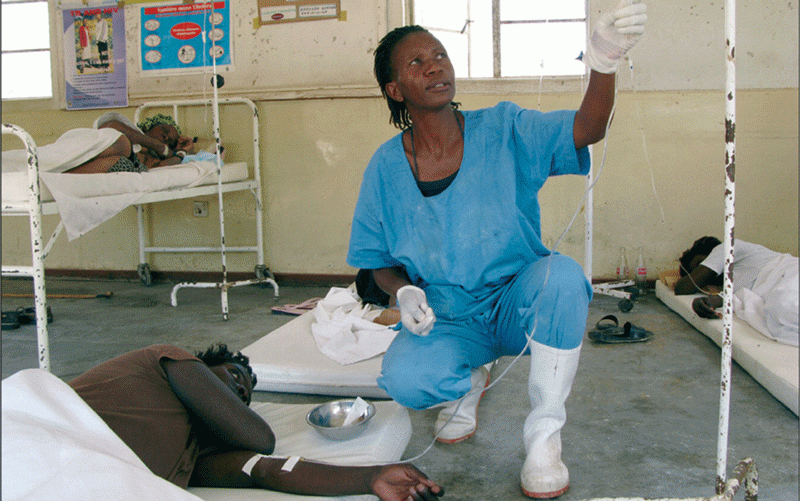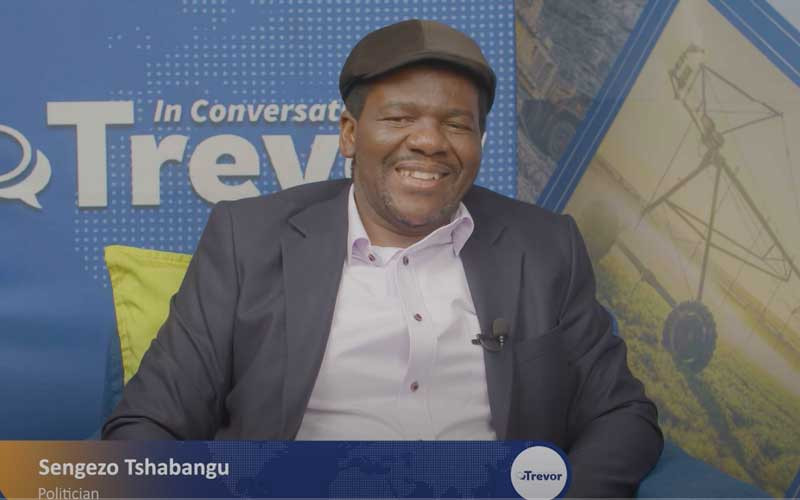
Extravagant people luxuriating in Zimbabwe’s corridors of power are the most heartless.
If they were not cruel, they would be running around to find a solution to a long running problem that they helped create over 44 years ago — the health crisis.
The public health delivery system is now a bastion for tearful mourning and frustrated people.
The majority of Zimbabweans are confronted with empty drug stores each time they walk into public hospitals and clinics.
If you don’t want to die, don’t get sick — if you get sick, you can easily die.
The careless government is made up of people who are busy amassing ill-gotten wealth and power, instead of doing the work that we elected or appointed them to do.
In the past few weeks, we have had access to concrete evidence that we are being led by greedy people.
What is emerging defeats the whole idea of President Emmerson Mnangagwa’s “servant leadership approach”.
- Mavhunga puts DeMbare into Chibuku quarterfinals
- Bulls to charge into Zimbabwe gold stocks
- Ndiraya concerned as goals dry up
- Letters: How solar power is transforming African farms
Keep Reading
If these corrupt figures don’t reform, the future of many is in danger.
As we report elsewhere, the Community Working Group on Health says only 7% of Zimbabweans have access to medical insurance. This means a staggering 93% of our people require cash each time they want medical attention.
In a country where many roam the streets without a source of income, it is easy to tell the grief that our citizens are enduring. This does not mean people in rural areas are suffering alone.
The prolonged economic crisis has forced the few remaining companies to scrap medical benefits.
The middle class — normally the driving force behind economic growth — has literally been wiped out by economic turmoil.
It means many of the country’s intellectuals are also in the bracket of those exposed to gravy danger each time they fall sick.
To demonstrate the extent of damage inflicted on our health care system — vibrant until the post-independence period when corruption set in — the country now trails way behind its southern African peers.
In Zambia, the figure of citizens with access to medical insurance is estimated at 35%, while in Botswana, it is estimated at 42%.
Our predicament is compounded by the fact that Zimbabwe is already rated as Africa’s most expensive country, according to the African Development Bank.
High unemployment levels make access to better quality medical care a pipe dream in a country where an estimated 49% live in extreme poverty.
The solution to all this is ridding the country of mismanagement and high-level corruption by heartless people running public institutions.






